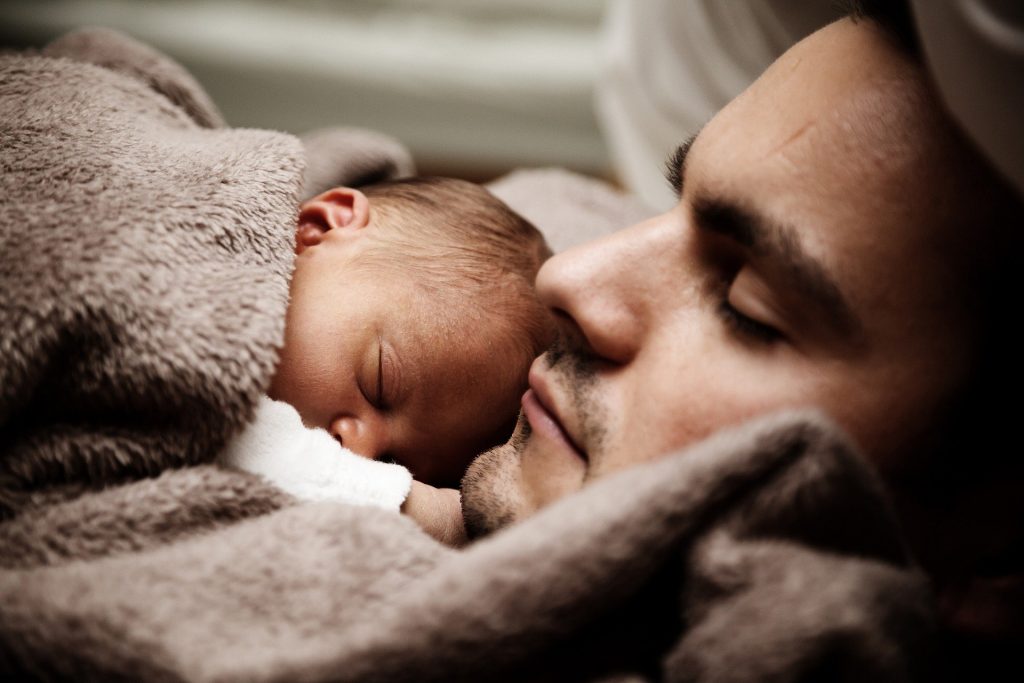
We speak of love all the time but what does it mean to love someone? Is it a feeling? An assessment? A declaration?
As with all emotions in this work, love is predominantly an interpretation of our sensations in the context of the situation. Thousands of years ago, the Greeks defined a number of types of love which apply to certain types and stages of relationships.
- Eros – passionate love
Love in the early throws of a romantic relationships - Pragma – enduring love
Love in a long-term committed relationship - Ludus – playful love
Romantic love without commitment – flirting or a crush - Agape – universal love
Selfless love for all things - Philia – deep friendship
Platonic love for friends - Philautia – self-love
Love of ourselves and self-care - Storge – familial love
Love for children and family
These distinctions of love do not really define love but speak to where it shows up in life.
As with all emotions, we learn what love means from our communities. However, that meaning is often more a general sense and poorly defined.
A useful way of developing greater clarity is to define love as our experience of our level of care for someone in the context of how we relate to them. Believing we love someone means they matter to us and we want them to be part of our future in a certain way. The reverse is also the case. We look to how others take care of us in various situations and contexts as a means of interpreting their love for us.
Five Love Languages
How we interpret other’s love for us and how we show love to others has been defined by Gary Chapman as the ‘five love languages’:
- Quality time
- Words of affirmation
- Gifts
- Acts of Service
- Physical touch
As I am defining love in terms of care for someone, these ‘love languages’ also speak to how we demonstrate care for others in all aspects of life. However, it should also be pointed out that the meaning of those approaches is contextual of the social norms associated with a various domains.
For instance, what is acceptable in terms of physical touch will vary depending on the nature of the relationship. A hug may be the norm in a family setting but not necessarily a work one.
A Declaration of Love
Feeling loved by others is one of most fundamental core concerns and plays a significant role in the creation of our self-story and our relationships throughout life.
In some relationships such as family, love is assumed. We assume a mother loves her child and expect our mother loves us. This can create breakdowns when a mother does not act in a way consistent with one of the love languages or even the specific love languages that matter to us. These types of breakdowns can last a lifetime and colour how we experience all of our relationships over time.
An initial explicit declaration of love for someone implies a desire for significant shared future with them based on the envisaged relationship. Such a declaration speaks to a change in the way we relate to someone such that we go from like and maybe desire to love.
An initial declaration of love is often difficult as it generally comes with an expectation of reciprocation – we want them to say “I love you too.” Given the personal stakes, an initial declaration of love involves risk and may take some courage. This leads to the games people play as they seek to work out how another person feels about them before declaring how they feel themselves.
